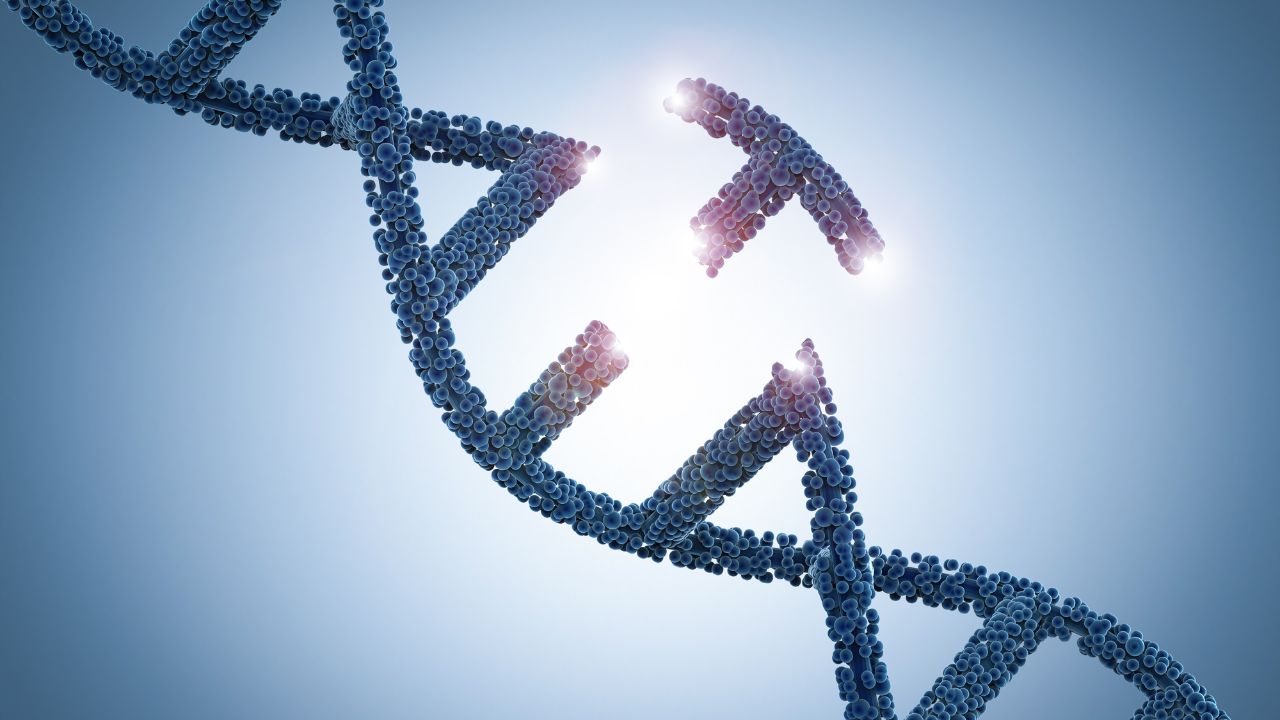Gene editing

Gene editing refers to the process of making precise and intentional changes to the DNA sequence of an organism. This can be done using various techniques, including CRISPR/Cas9, zinc finger nucleases (ZFNs), and transcription activator-like effector nucleases (TALENs).
CRISPR/Cas9 is currently the most widely used and well-known gene editing tool. It uses a guide RNA molecule to target a specific DNA sequence, and the Cas9 enzyme then cuts the DNA at that location. The cell’s natural DNA repair mechanisms then take over, either by making a small deletion or insertion, or by replacing the cut DNA with a new sequence that has been introduced into the cell.
Gene editing has many potential applications, including in medicine, agriculture, and environmental conservation. In medicine, gene editing can be used to correct genetic mutations that cause diseases, or to introduce new therapeutic genes into cells. In agriculture, gene editing can be used to create crops that are more resistant to pests, diseases, and environmental stresses, or that have improved nutritional value. In environmental conservation, gene editing can be used to protect endangered species or restore ecosystems.
However, there are also ethical and safety concerns associated with gene editing, particularly with regard to the use of germline editing to make heritable changes to an organism’s DNA that can be passed on to future generations. There are also concerns about the potential unintended consequences of gene editing, such as off-target effects or the creation of unintended mutations.
Overall, gene editing is a rapidly developing field with many potential benefits, but it is important to proceed with caution and to consider the ethical, legal, and social implications of this technology.
Specific Content Keywords : Gene editing,CRISPR-Cas9,Genome editing,Genetic engineering,Gene modification,Genetic manipulation,CRISPR technology,Gene therapy,Designer babies,Genome engineering,Gene knockout,Gene insertion,Gene deletion,Gene targeting,Genetic modification,Gene splicing,Genetic diseases,Genetic disorders,Precision medicine,Genetic manipulation ethics.

